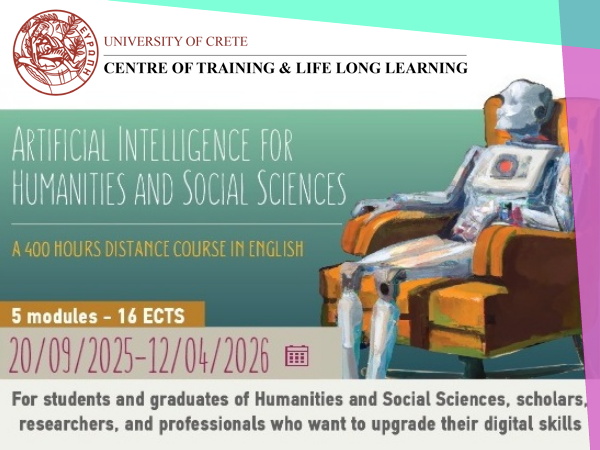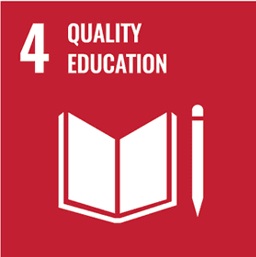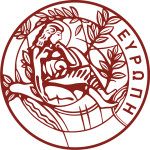Goal and objectives of the program
The objective of this program is to equip humanities scholars, educators, and lifelong learners with a foundational understanding of Artificial Intelligence (AI) and its transformative potential within the humanities. As AI reshapes various fields, it is essential for those in the humanities to understand both the capabilities and limitations of these technologies and how they can be harnessed to enhance research, education, and ethical understanding.
This interdisciplinary program aims to bridge the gap between technology and humanities by introducing participants to the basic principles of AI and its applications in fields such as classics, literature, linguistics, cultural heritage, and education. Through hands-on experience with AI tools and practical case studies, learners will gain insight into how AI can be used to analyze large datasets, preserve ancient texts and artifacts, and foster new ways of teaching and learning.
In addition to technical skills, the program will address critical ethical questions, encouraging participants to consider issues related to AI’s impact on society, bias in algorithmic decision-making, and the broader implications of integrating AI in human-centered fields. By the end of the program, participants will be able to apply AI methodologies within their respective fields thoughtfully and responsibly, becoming well-versed in both the practical applications and ethical considerations of AI in the humanities.
This program is designed for humanities professionals, researchers, and educators who seek to enhance their digital literacy and explore how AI can deepen our understanding of human culture, and values in the modern age.
Who it is aimed at
Students of Humanities and Social Sciences, scholars, researchers, and professionals who want to upgrade their digital skills.
|
Participation cost |
1.000 Euros |
In 2 instalments.
First, 400 euros with the registration.
Second, 600 euros in January 2026.
DISCOUNT POLICY
|
Categories |
Percentage of discount |
|
● Young people aged up to 30 years old who are European Youth Card holders ● Staff working at universities, universities of applied sciences and research centres in Greece ● Graduates of UoC ● Postgraduate students of other institutions ● Appointed and active teachers in public and private schools in Greece. |
10%
10% 10% 10% 10% |
|
● Postgraduate students of UoC
|
30% |
For more info about activities on AI4SSH, see Talos site





